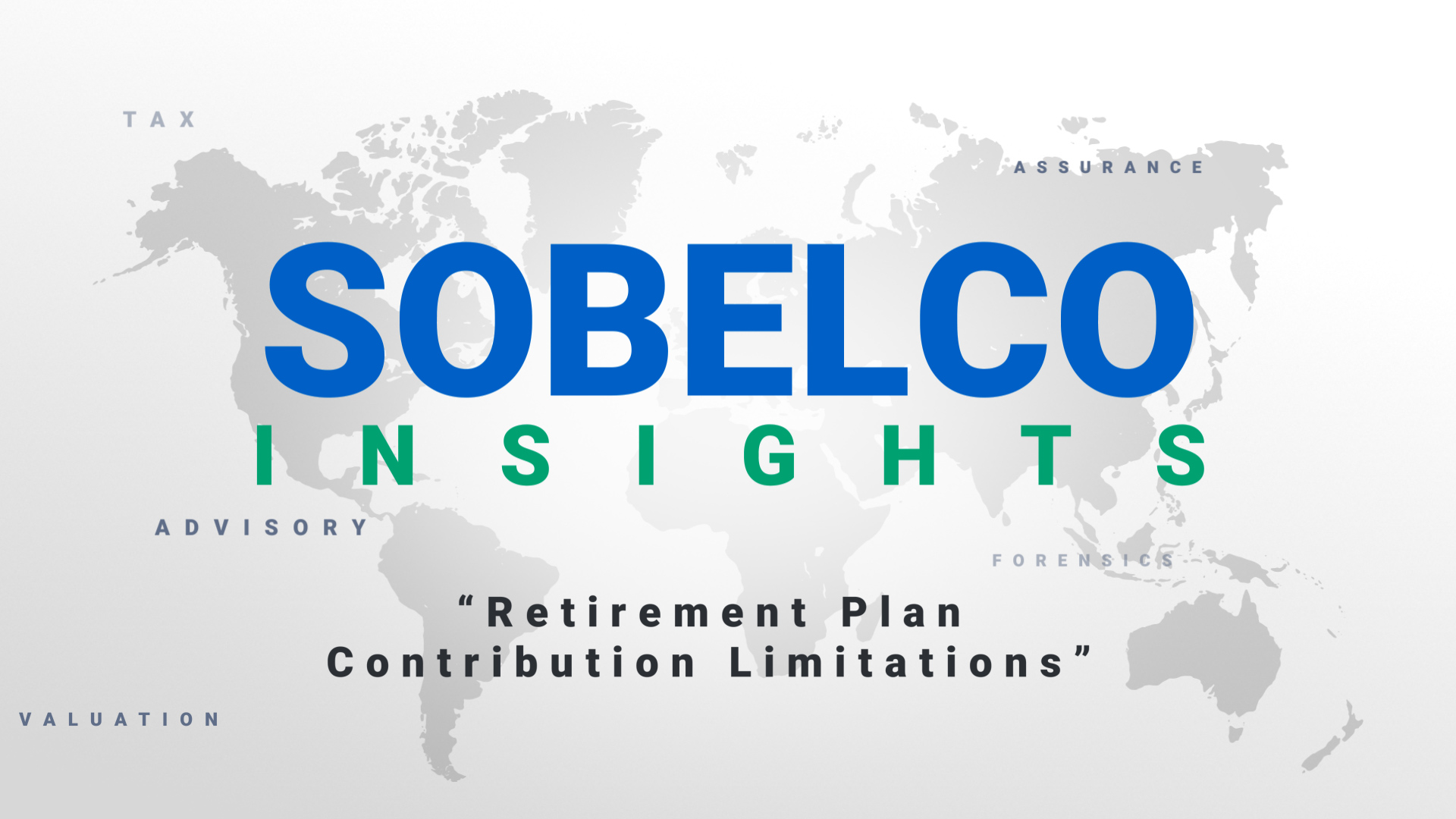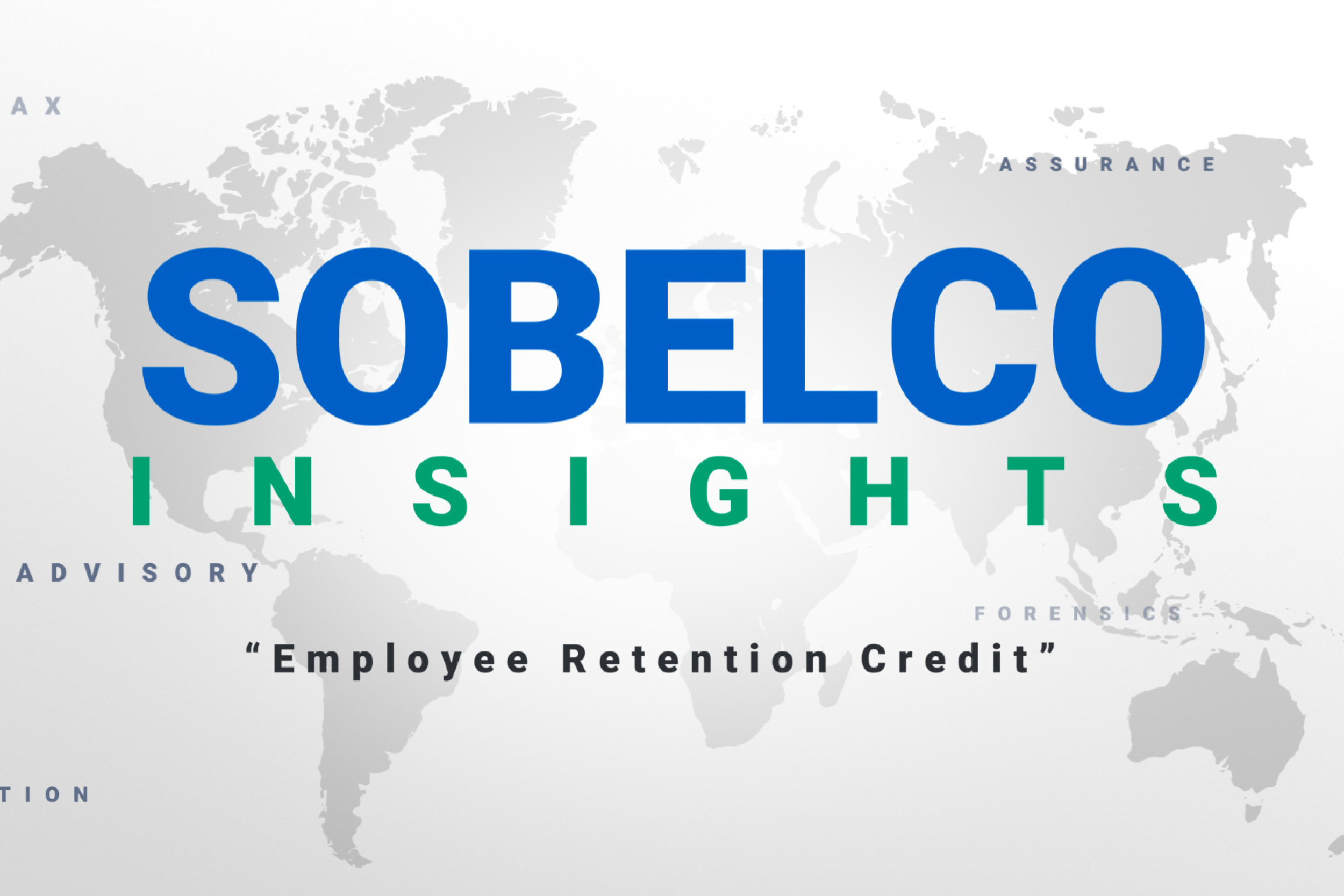
The state of New Jersey has reformed its Property Tax Relief Program.
The new Affordable New Jersey Communities for Homeowners and Renters (ANCHOR) Property Tax Relief Program, which replaces the previous Homestead Benefit program, provides property tax relief to New Jersey residents who owned or rented their principal residence (main home) on October 1, 2019, and meet the income limits.
The filing deadline for 2019 ANCHOR is December 30, 2022. Payments will be issued to eligible homeowners/renters beginning in the late spring of 2023, but no later than May 2023. The payments will be in the form of a direct deposit or check and cannot be used as credits against property tax bills. Applicants can request separate checks if they desire. For example, in the case of applicants who were married in 2019, but later divorced, they have the ability to ask for separate checks.
There are different requirements and thresholds for homeowners versus tenants.
To be eligible, homeowners must have:
- Been a New Jersey resident
- Owned and occupied a home in New Jersey on October 1, 2019, that was their permanent residence
- Paid 2019 property taxes
- Had 2019 New Jersey gross income of not more than $250,000
To be eligible, tenants must have:
- Been a New Jersey resident
- Rented and occupied an apartment or residence in New Jersey that was their principal residence (main home) on October 1, 2019
- Rented a living space that had its own separate kitchen and bath facilities (if the building had more than one dwelling unit)
- Paid rent on their main home, which was subject to local property taxes
- Had 2019 New Jersey gross income of not more than $150,000
Ineligible properties include:
- Second residences
- Vacation homes
- College campus living
- Rental property
- Tax-exempt homes that do not pay property taxes including:
- Those owned by state, county, municipal, or federal governments
- Residences owned by charitable, religious, or nonprofit organizations
- Residences on which PILOT (payments made in lieu of tax) payments are made to a municipality
Benefits vary based on these income ranges:
- Homeowners with income of $150,000 or less will receive $1,500
- Homeowners with income of more than $150,000 and up to $250,000 will receive $1,000
- Renters with income of less than $150,000 will receive $450
Please note that this program is separate from the Senior Freeze Program which reimburses eligible senior citizens and disabled persons for increased property tax rates or mobile home park site fees on principal residence.
The online application for ANCHOR, filing instructions, and paper applications can be accessed at nj.gov/taxation. The website contains informative answers to frequently asked questions. The automated telephone filing system will be available 24 hours a day, seven days a week during the filing period at 1-877- 658-2972.
If you have any questions, please don’t hesitate to email us.


